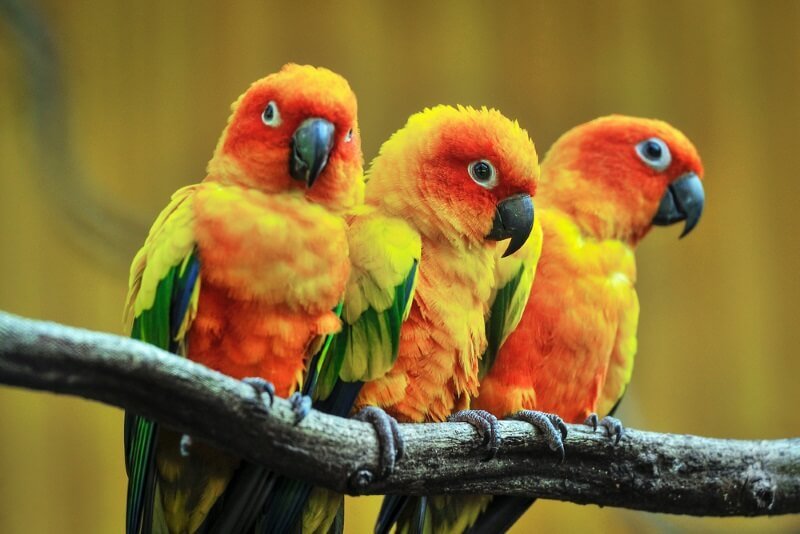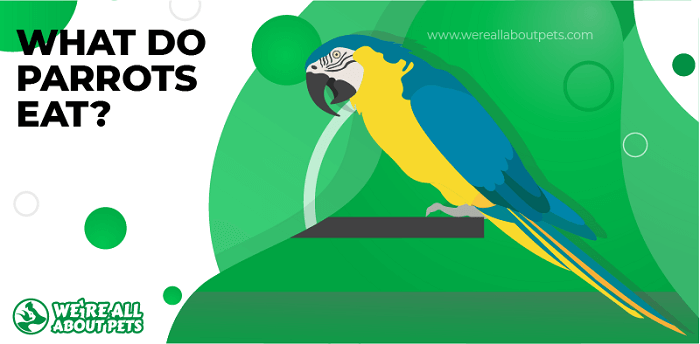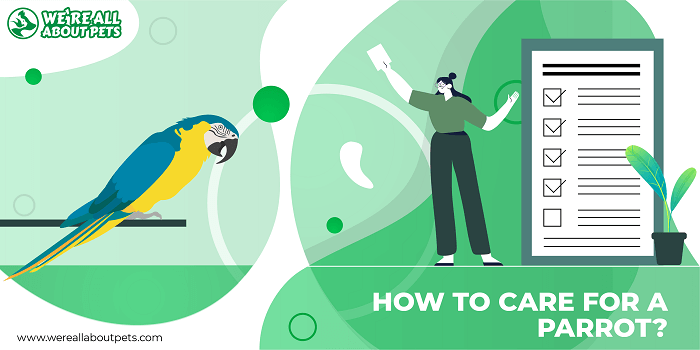How Long Do Parrots Live? Lifespan Of All Types of Parrots and Other Popular Pet Birds
This page contains affiliate links. We may earn money or products from the companies mentioned in this post through our independently chosen links, which earn us a commission. Learn More
Parrots are popular pets, and one of their many attractions is that they will hopefully be your companion for many years to come. Pet birds are known for their longevity – and can even outlive their owners! Having a pet with a long lifespan is a wonderful thing, but being prepared for your bird’s likely long life is needed to understand the commitment of taking on one of these pets, and to help plan for their future care.
Parrots
The term ‘parrot’ includes multiple species of bird – nearly 300! There are many wonderful types of parrots to choose from if you are considering one of these bright and intelligent birds as a pet. They vary in size, personality, colour but also lifespan. In general, the larger the bird, the longer their life.
They are generally quite long-lived amongst birds, and those in captivity tend to live longer than their wild counterparts as they are protected from predators, disease and starvation. However, there will always be those that sadly live less time due to illness or injury.
Here are some estimated lifespans of common species of parrot. These are based on parrots kept in captivity but with ideal conditions. As with all species, there is actually a large range in longevity, and many will live longer than this, and some shorter.
- African Grey Parrot – one of the longest living species, these excellent mimics can live for between 40 to 60+ years.
- Amazon Parrots – medium sized and chatty, these can live for 25 to 75 years.
- Eclectus Parrots – this Australian species live for 30 to 50 years.
- Senegal Parrots – the average lifespan for this type is around 25 to 50 years
- Pionus Parrots – these friendly parrots can live for around 25 years.
- Jardine’s Parrots – this African parrot lives for 30 to 60 years.
- Caiques – these stocky, brightly coloured birds live for around 50 years.
- Budgerigars / parakeets – hugely popular pets, these long-tailed species range in maximum age from 5 to 18 years.
- Cockatiels – also very popular, their lifespan is 10 to 15 years.
- Cockatoos – identified by their crests and curved bills, they live for 20 to 60 years, depending on type.
- Conures – curious and playful, conures live for 20 to 30 years, depending on type.
- Lorikeets – known for their brush-tipped tongue, their lifespan is 10 to 30 years.
- Macaws – there are 19 macaw species, with a varied life expectancy from 30 to 50 years.
- Parrotlets – small but active, they live for up to 20 years.
- Quakers – originally from South America, and the only parrot species known to build nests, average life expectancy is about 30 years.
Other Birds
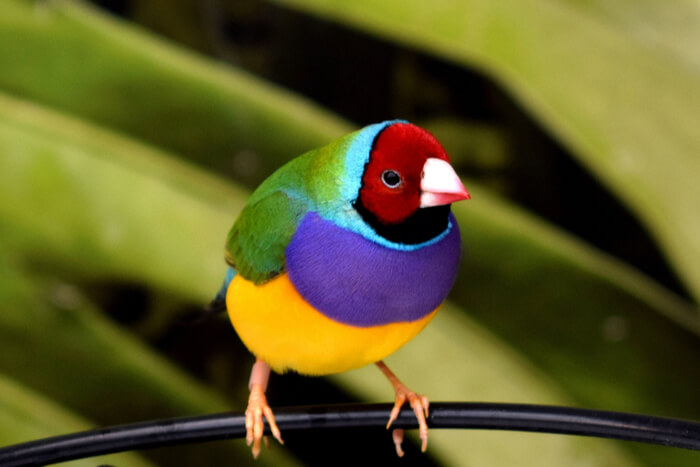
Parrots have some of the longest lifespans of pet birds, although it does depend on the species and size. Here are the average longevities of some other pet birds for comparison:
- Canaries – these small and brightly coloured birds live around 10 years.
- Doves – common in the wild, these can live for up to 20 years in captivity.
- Finches – another small bird with bright colourful plumage, their lifespan is 5 to 9 years but can be longer in captivity.
- Pigeons – loyal and friendly, they can live for up to 15 years.
- Lovebirds – small birds, they live for just 10 to 15 years.
What Influences A Parrot’s Lifespan?
As seen by the above ranges, the lifespan of a parrot can vary a lot. This is often down to the species, but also depends on their environment and care. Size is the biggest factor, with the general rule bring that the larger the bird, the longer the lifespan. However, this is a guideline only, and there are some other important considerations that can make sure your parrot lives a long and happy life.
Maintain Optimal Health And Wellbeing
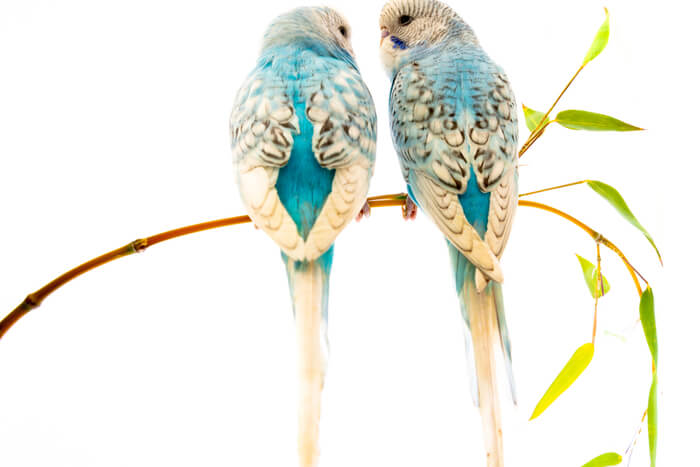
- If you buy your parrot, rather than adopt an older one, make sure your breeder is knowledgeable and trustworthy. They should be able to supply health information about your pet’s parentage which may impact their likely lifespan.
- Give your parrot appropriate food. Parrots love treats such as sunflower seeds, but these are very high in fat and should be given only occasionally. A balanced diet for a parrot includes pellets, grains, fresh fruit and vegetables, seeds and nuts, with an appropriate balance of minerals and vitamins. There are plenty of excellent commercial parrot foods.
- Parrots require a clean, open living space with plenty of room for them to exercise. They also need plenty of mental stimulation, using toys and puzzles, as well as plenty of physical exercise – flying and climbing.
- Some parrots need to be with other birds for company and can get lonely and bored if solitary, which can then affect their health.
- Parrots require plenty of sunlight, both to keep them happy and to help them process certain nutrients.
Prevent Illness
Illness and disease are big factors in shortening the lifespan of pet parrots. Sadly, illnesses are often unpreventable. However, there are some precautions to take to minimise risk of disease, and pick up on signs of illness early to ensure the best chance of treatment.
- Annual check-ups with a vet are recommended – birds are very good at hiding signs of illness and so a thorough check can be useful to pick up on subtle early signs of disease.
- Monitor closely for any changes in appetite, feather condition and general appearance.
- Keep an eye on their droppings that they don’t change in colour or consistency.
- It is worth knowing a little about the common diseases of pet birds.
We sadly cannot always prevent illness or injuries, but following the above steps can help keep your parrot in optimal physical and mental health, to give them the best chance of a long and happy life.

